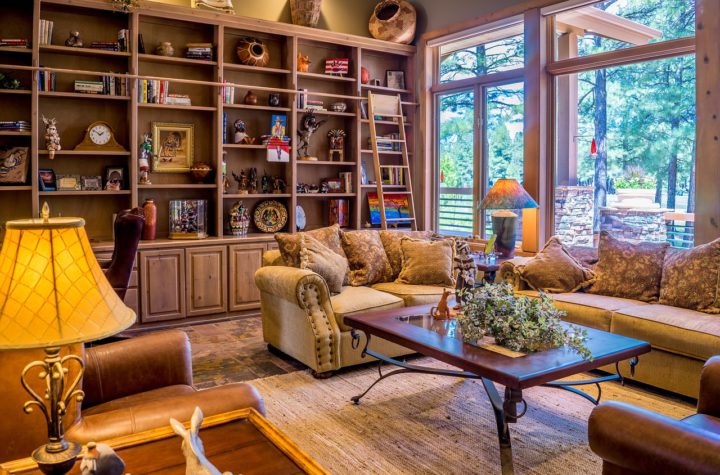
Buying your first home is a milestone, but it can feel a bit overwhelming without a clear financial plan. Whether you’re considering a personal loan Swan Hill lenders offer or testing your repayments with a Swan Hill mortgage calculator, having the right tools and knowledge can make all the difference. Understanding how to budget for your first house ensures you don’t overextend yourself and can enjoy your new home stress-free.
Understand Your Financial Situation
Before you even start browsing properties, you need to get a firm grasp of your finances. Calculate your income, expenses, debts, and any other financial commitments. This honest snapshot will help you understand your current financial position. Remember to factor in not just your current income but also any potential changes, like starting a family or career shifts.
Determine How Much You Can Afford

Using tools like a mortgage calculator is a smart way to see how your repayments might look month to month. It can help you avoid stretching beyond your means. As a general rule, aim to keep your housing costs—including mortgage, insurance, and property taxes—at no more than 30% of your gross monthly income.
Save for a Sizable Deposit
A larger deposit means borrowing less and potentially securing a better interest rate. Lenders typically expect a deposit of at least 20% of the property’s value to avoid paying lenders mortgage insurance (LMI). If 20% seems out of reach, plan a savings strategy that makes sense for your income and timeline. Try setting up a special savings account and automate transfers each payday.
Budget for Hidden Costs
First-time buyers often overlook the extra expenses that come with buying a house. These include stamp duty, legal fees, building and pest inspections, moving costs, and connection fees for utilities. It’s wise to set aside an additional buffer—about 5% of the property price—to cover these. That way, you won’t be caught off guard when settlement day arrives.
Consider Your Borrowing Options
While a traditional mortgage is the go-to for most buyers, some may look at supplementing their deposit with other options, like a personal loan. If you’re weighing up whether a personal loan could help bridge the gap, be sure you understand the repayment terms and how it will impact your debt-to-income ratio. Seek professional advice to see if this is a suitable path.
Check Your Credit Score
Your credit history plays a huge role in whether you’ll be approved for a loan and the interest rate you’ll pay. Get a copy of your credit report and look for any errors or overdue accounts you can fix before applying for a mortgage. Improving your credit score to save thousands over the life of your loan.
Get Pre-Approval
Pre-approval gives you a realistic idea of what a lender is willing to provide you with so you can narrow down your home search to keep it within the budget. It also shows sellers you’re serious and financially ready, which can make your offer more attractive in a competitive market.
Trim Unnecessary Expenses
While saving for a deposit and preparing for repayments, consider tightening your spending. Review your subscriptions, dining out habits, or luxury expenses that you can reduce or pause temporarily. Every dollar saved helps you move closer to your goal and eases the pressure once you’re a homeowner.
Think Long Term
Your first home probably won’t be your forever home, but it’s still a big investment. Choose a property that meets your needs for at least five years so you’re not forced to sell quickly and pay extra fees or risk selling in a downturn. Also, build some flexibility into your budget for maintenance and unexpected repairs—these can pop up when you least expect it.
Seek Professional Guidance
There’s no shame in asking for help. A mortgage broker or financial adviser can clarify your options, compare lenders, and explain government incentives that could save you thousands. They can also help you plan for interest rate changes and make sure you’re comfortable with different scenarios.
Stay Disciplined and Patient
Budgeting for your first house is rarely quick and easy. It takes time and discipline, especially when you’re tempted to stretch your budget for your dream home. Stay focused on what you can genuinely afford, and be patient—it will pay off in the long run.
All in all, buying your first house should be a rewarding experience, not a stressful one. By using different resources, exploring options for a personal loan, and sticking to a realistic budget, you’ll set yourself up for success. Remember, the goal is to enjoy your new home without financial strain. With careful planning, clear priorities, and a bit of patience, you’ll be unlocking the door to your first home with confidence and peace of mind.




More Stories
Insider Tips for Financing a Home
Smart Calculations for Dream Home
Get Started in Property Investment